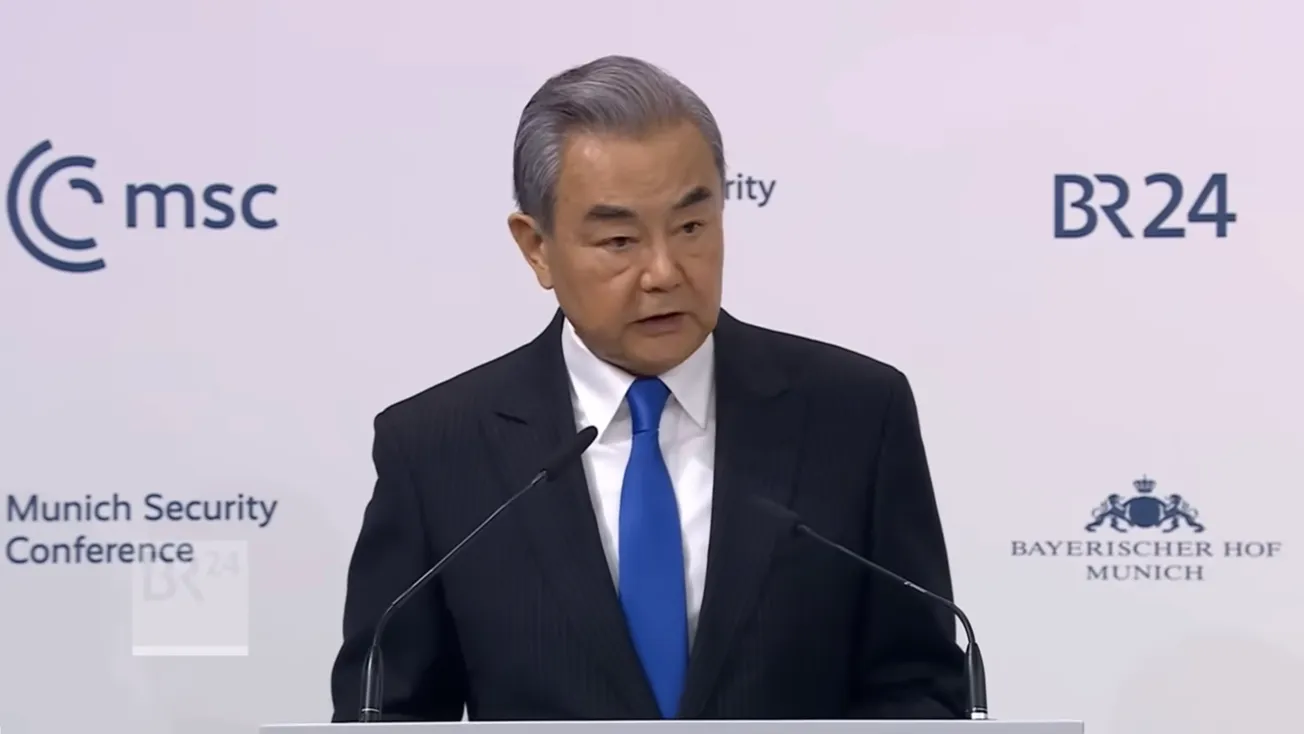David Beasley, Executive Director of the United Nations World Food Program (WFP), was the guest speaker at an event at the Danish Institute for International Affairs (DIIS) today, together with Danish Minister for Development Cooperation Rasmus Prehn, and a DIIS researcher. Beasley’s visit to Copenhagen, 10 days after it was announced that the WFP would receive this year’s Nobel Peace Prize, is most probably connected with the UN Office for the Coordination of Humanitarian Affairs (UOCHA) High-Level Humanitarian Event on the Central Sahel tomorrow. The one-hour DIIS event entitled, Food Aid: Creating Peace, or Prolonging Conflict, is available here: https://www.diis.dk/en/node/24287
The Schiller Institute intervened by sending Phillip Tsokolibane’s two statements, a link to Helga’s video on the needed Africa mobilization, and Marcia Baker’s report on her Saturday speech, to parliamentarians, the Danish press, and all embassies here. An activist put our leaflets with most of these statements in the area in front of the meeting.
Beasley began by saying that receiving the Nobel Peace Prize is bigger than the WFP. The world is at a crossroads. This can help jump-start what needs to be done to face the next 12-18 months. It requires something magnificent.
He was in the Sahel when he got the news about the Nobel Peace Prize, amidst starvation and war. He has spent the last three years beating the drum about the situation in places like the Sahel, Syria, Iraq, Yemen, and Ethiopia. He said, 60% of hunger occurs in conflict areas, and 80% of the WFP’s aid goes to war zones. If there is no food security, there will be no peace. If nothing else, leaders have to realize that their own national security is at stake. We need an integrated response. Development Minister Rasmus Prehn stressed how peace and preventing hunger are combined. We not only have to give out food, but give people the skills and opportunity to grow their own food. We can’t accept people starving. Their infrastructure doesn’t function. The Danish people will do their part.
Asked about problems with international solidarity, Beasley said that he helped increase the U.S. contribution to the WFP from $1.9 billion in 2016 to $3.4 billion. The biggest problem with fundraising from world leaders is that the media are only focused on Brexit and Trump, or now COVID and Trump. 500 million people are living in destabilized areas from the Sahel through the Middle East. You have to solve one of the situations, like Syria, or Yemen, which can be done, and then go on to the next. We can eliminate hunger if we stop the conflicts. I speak heart to heart with the parties involved to stop the conflicts. We use food as a weapon of peace.
This is the UOCHA statement on the High-Level Humanitarian Event on the Central Sahel: The Government of Denmark, in partnership with the Government of Germany, the European Union, and the United Nations, is hosting a high-level humanitarian event on the Central Sahel. The high-level event will feature a ministerial round table that will take place on Tuesday, October 20, 2020, which follows up on a virtual senior officials’ meeting held on September 8 that focused on operational lessons learned and forward-looking plans relating to humanitarian action, development, and peace efforts, including special attention to the impact and consequences of COVID-19.



